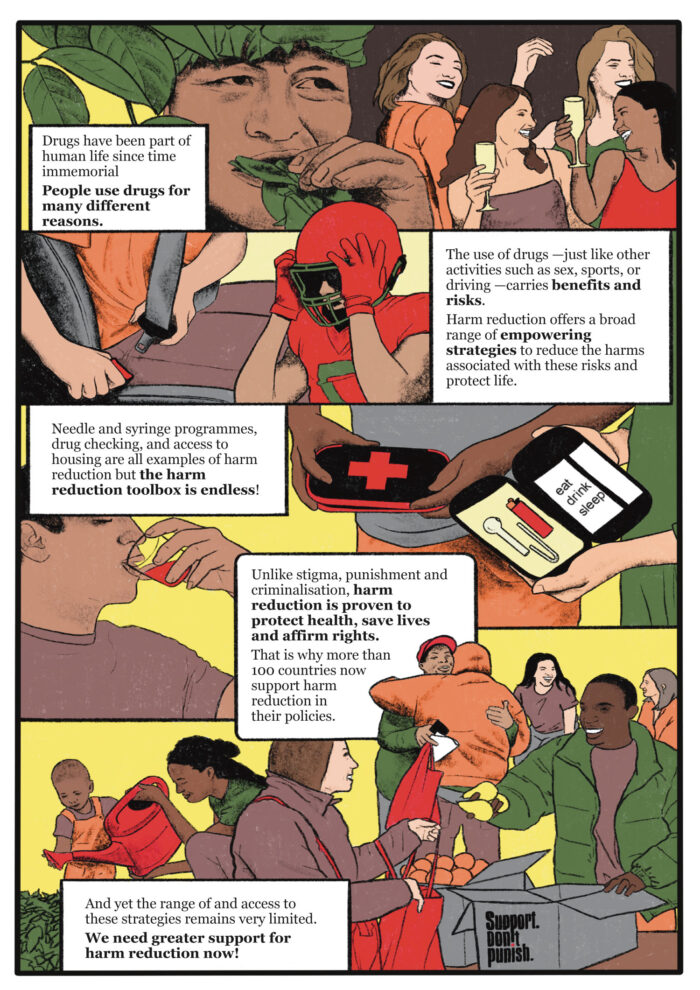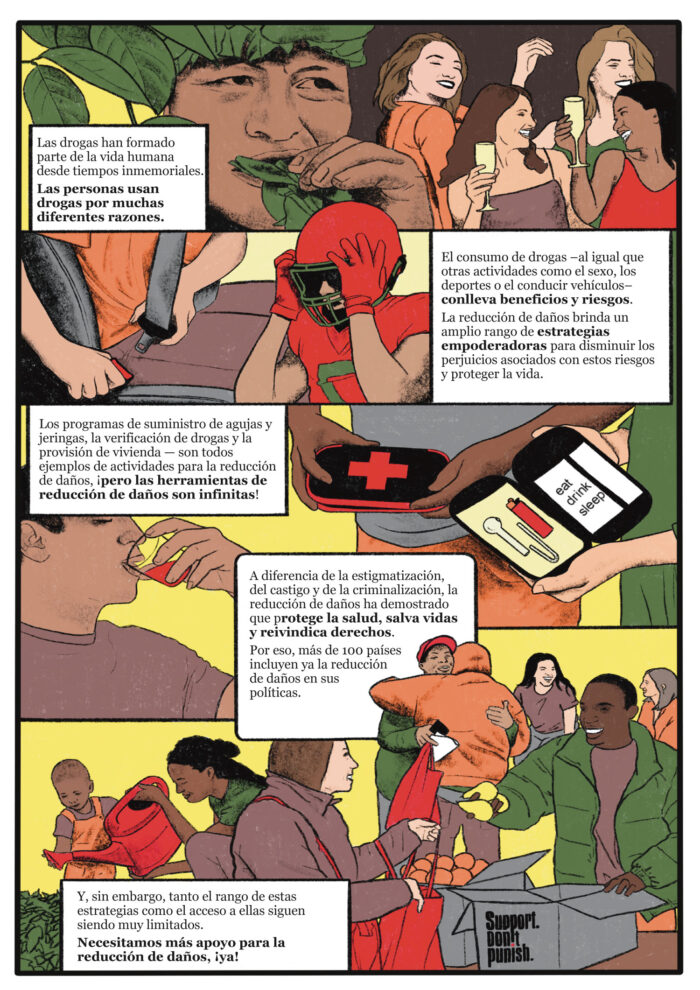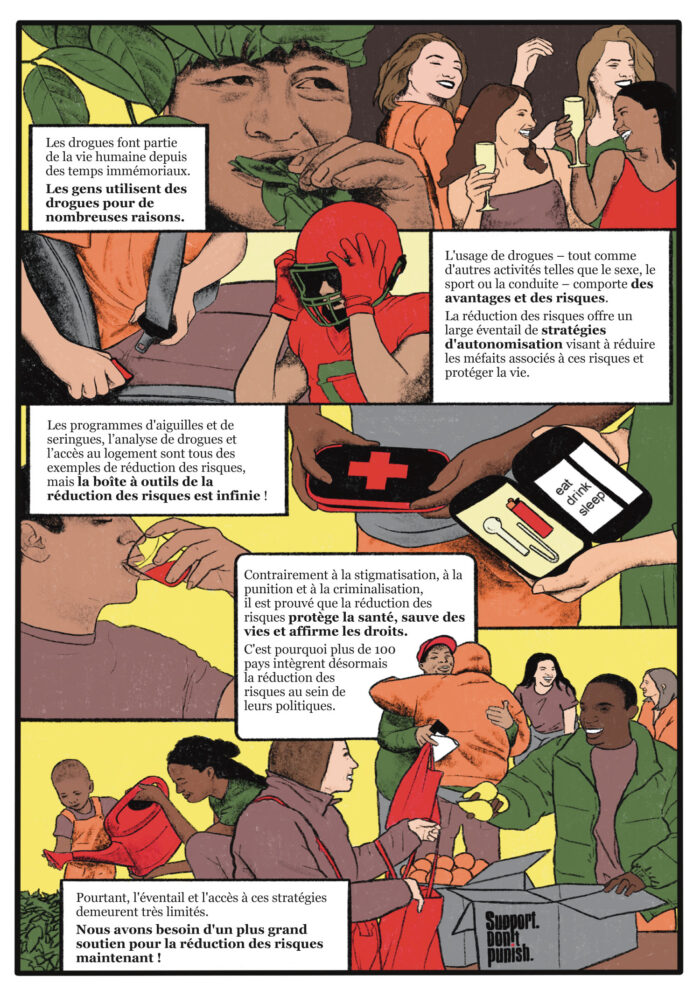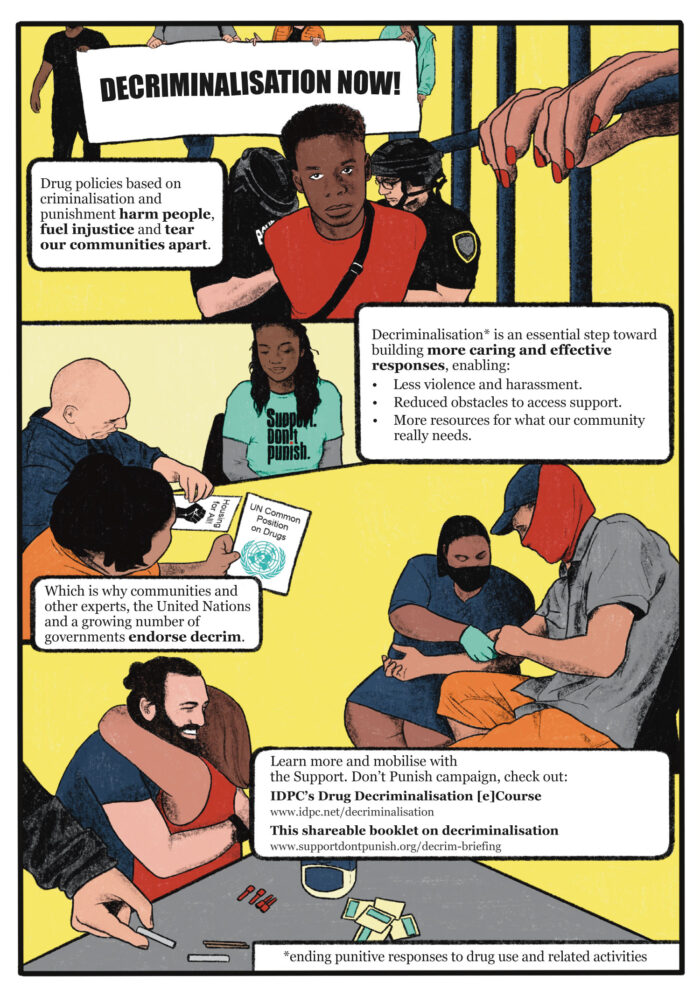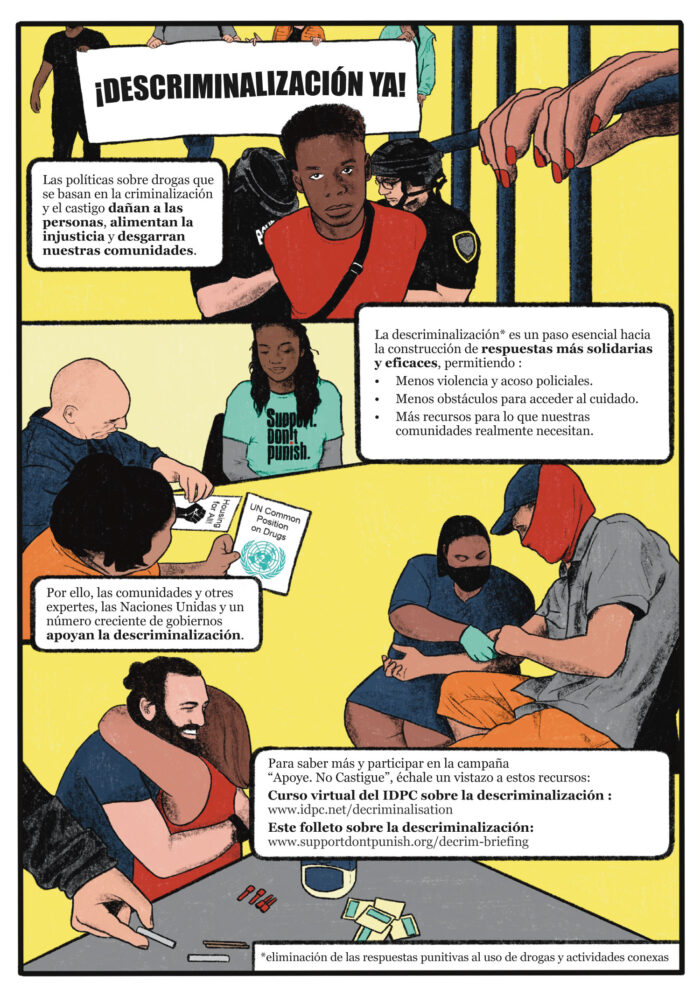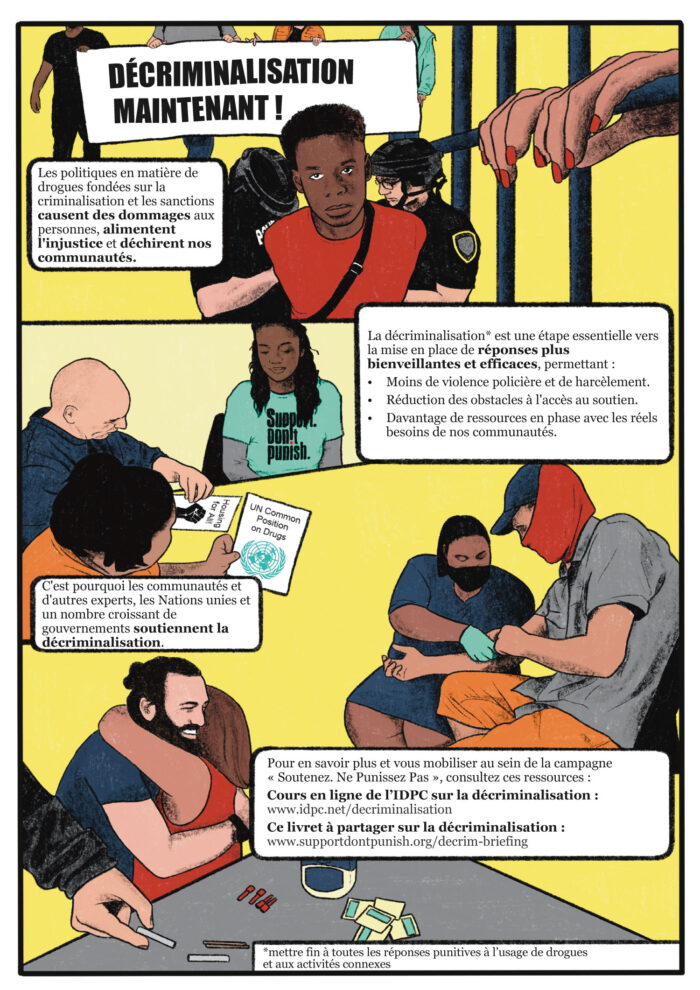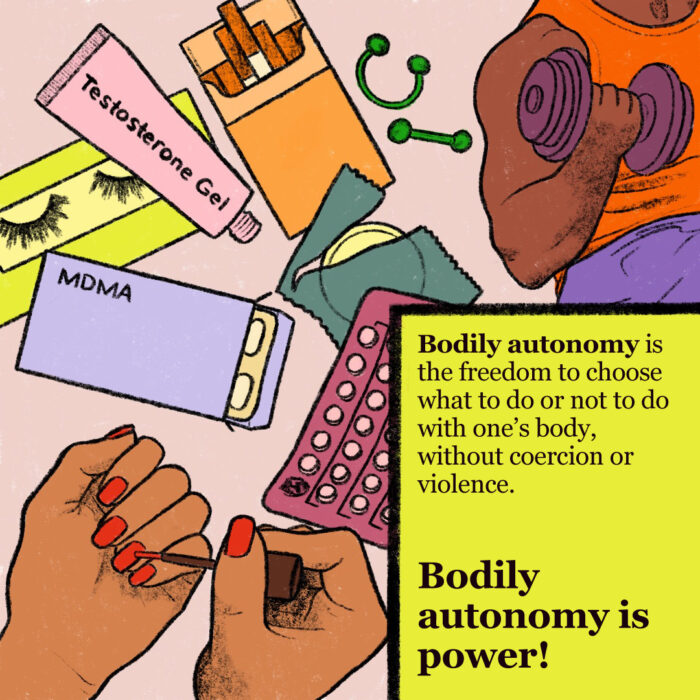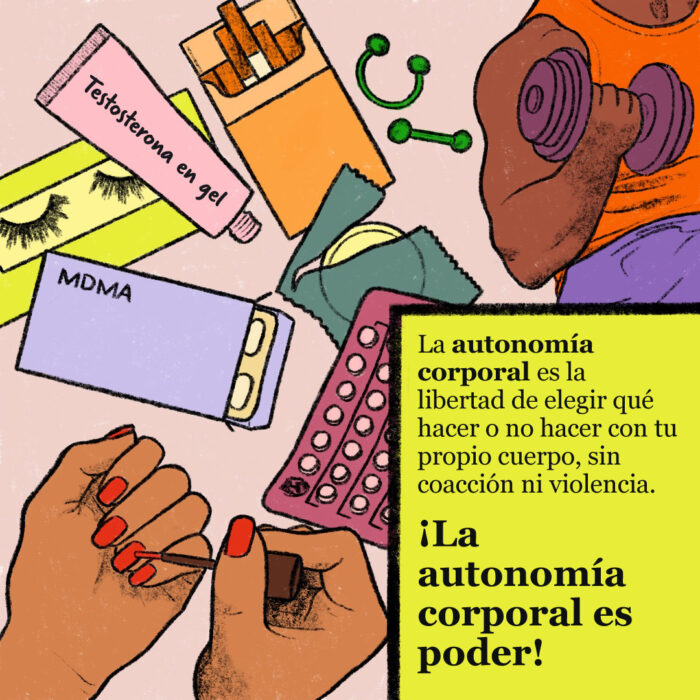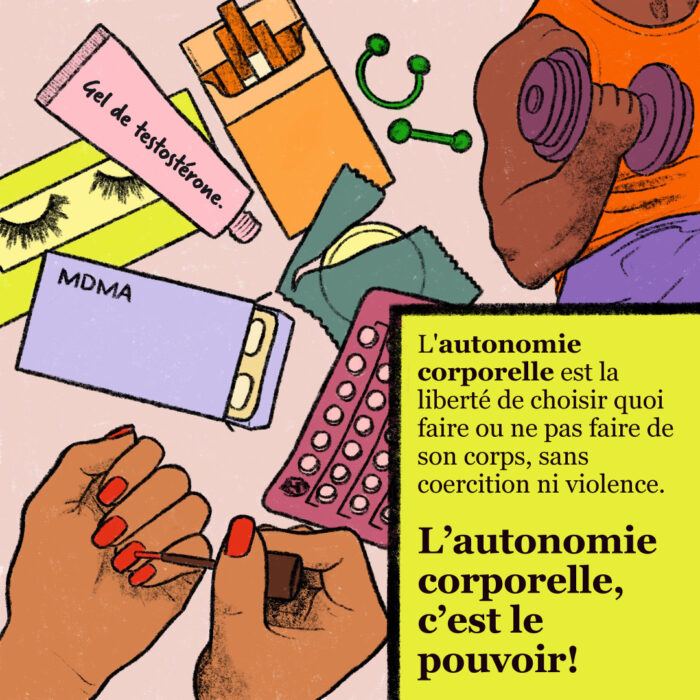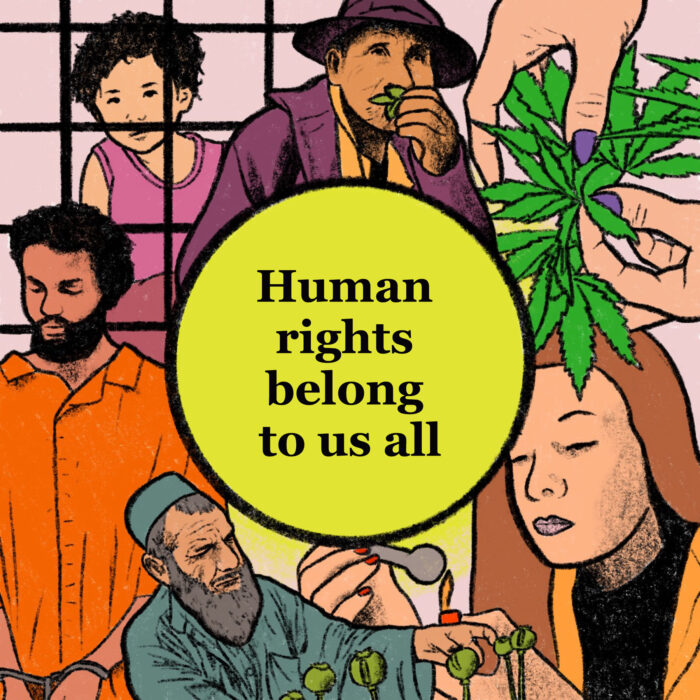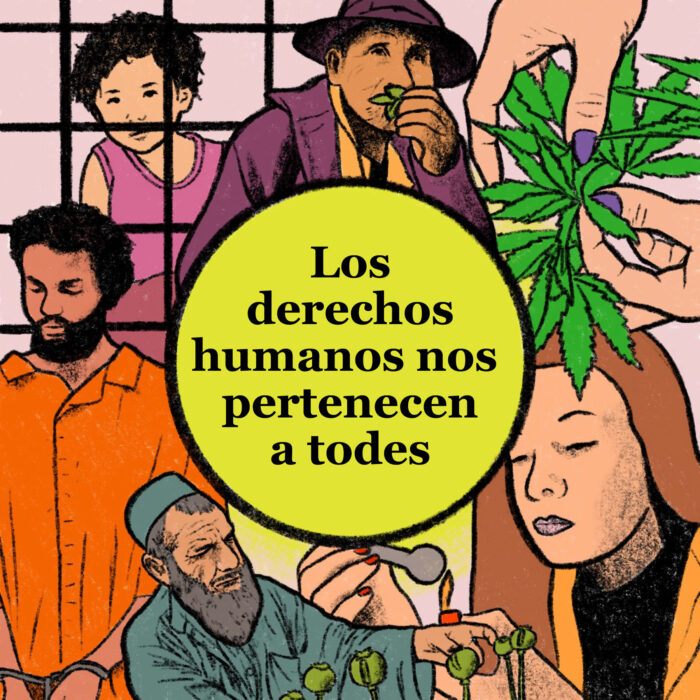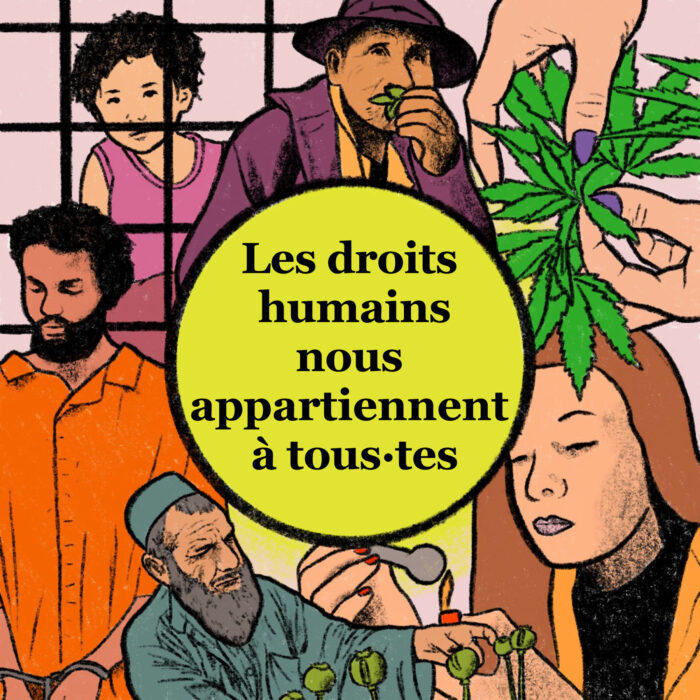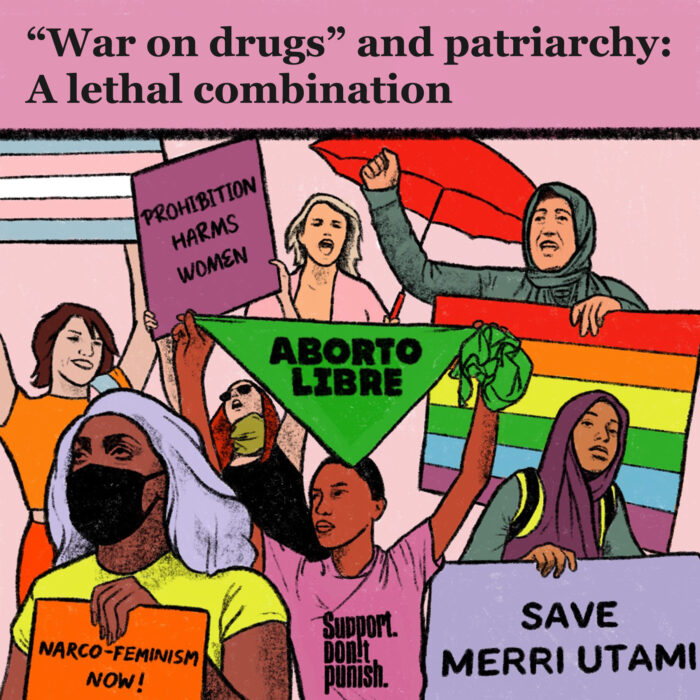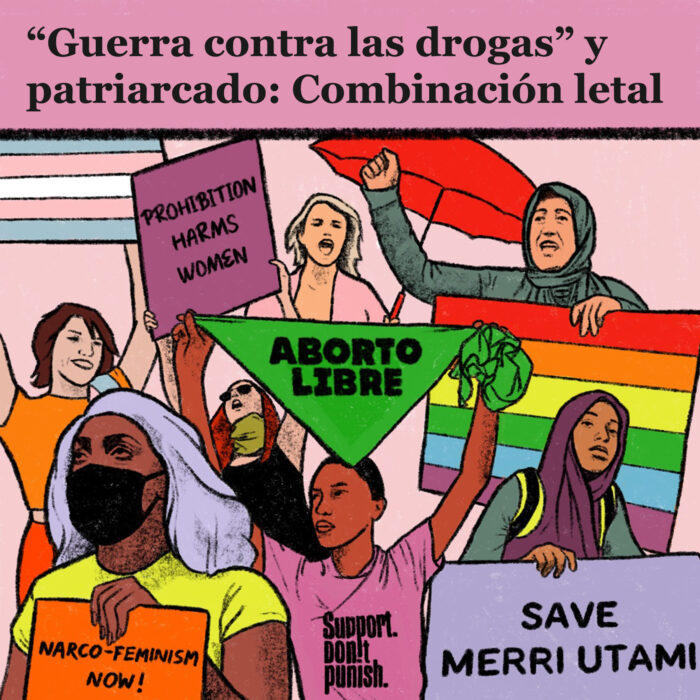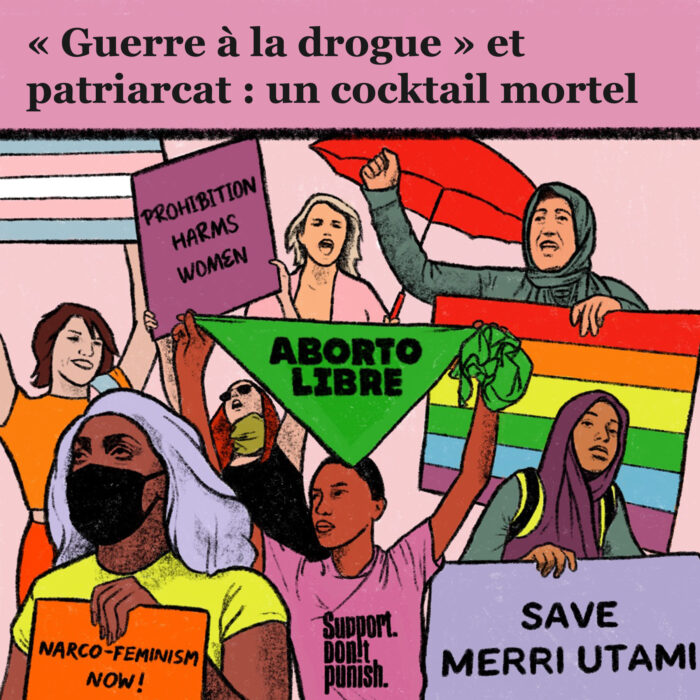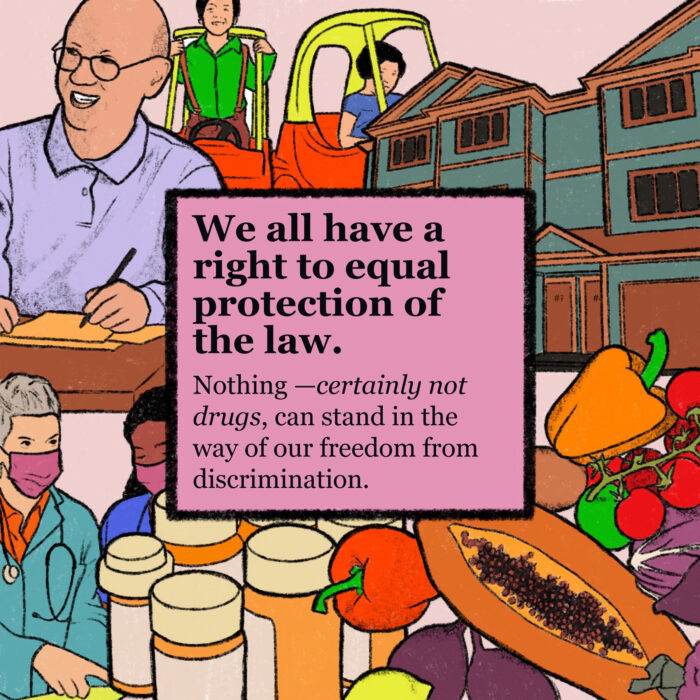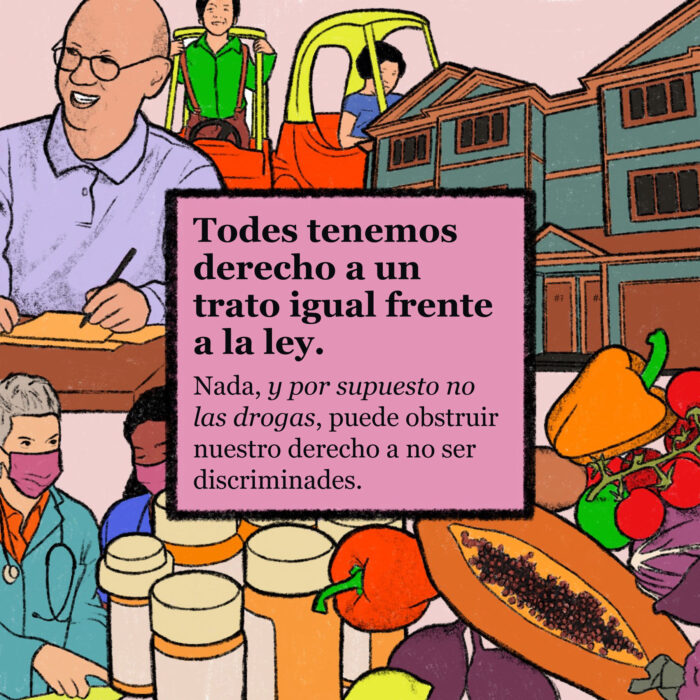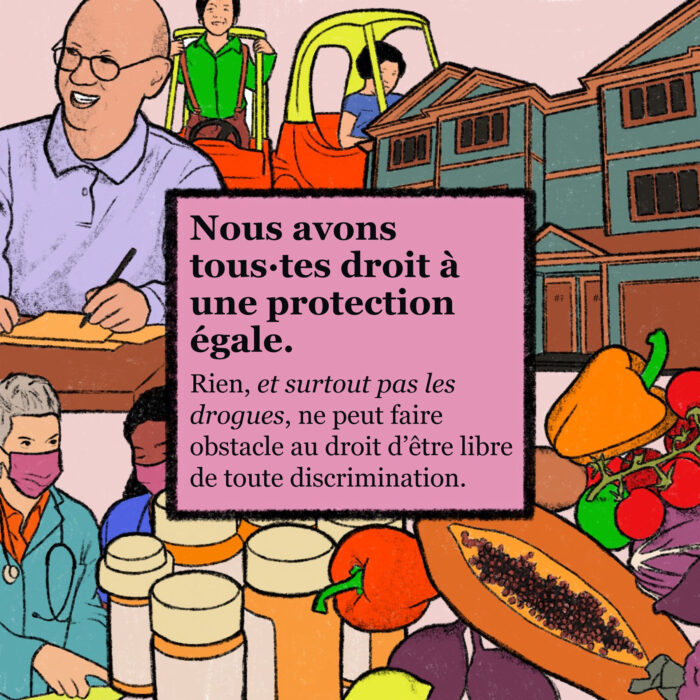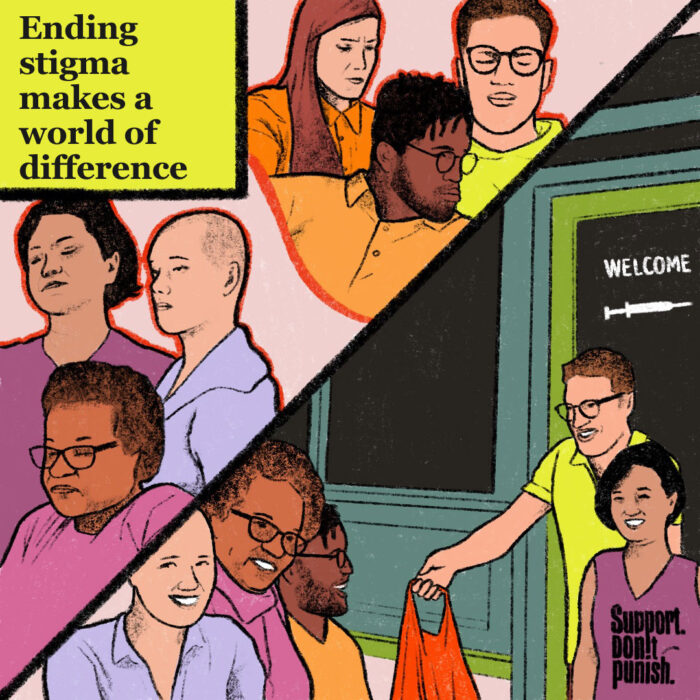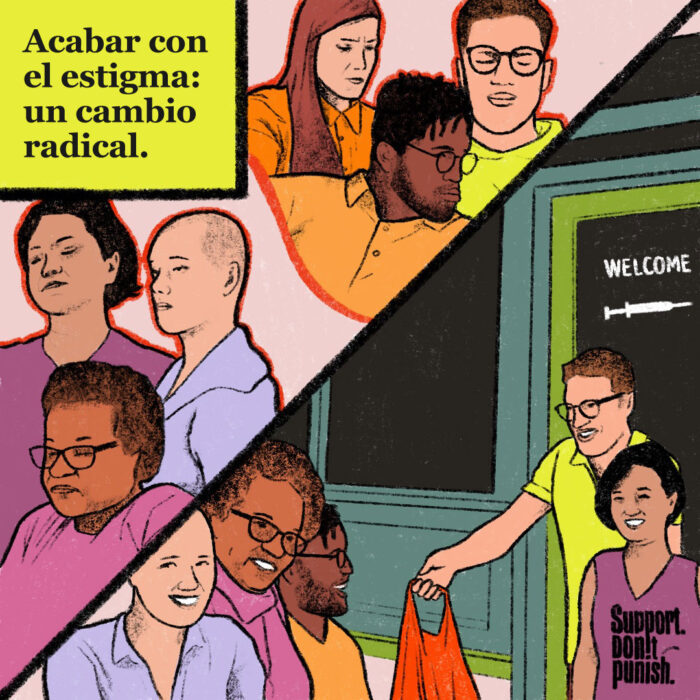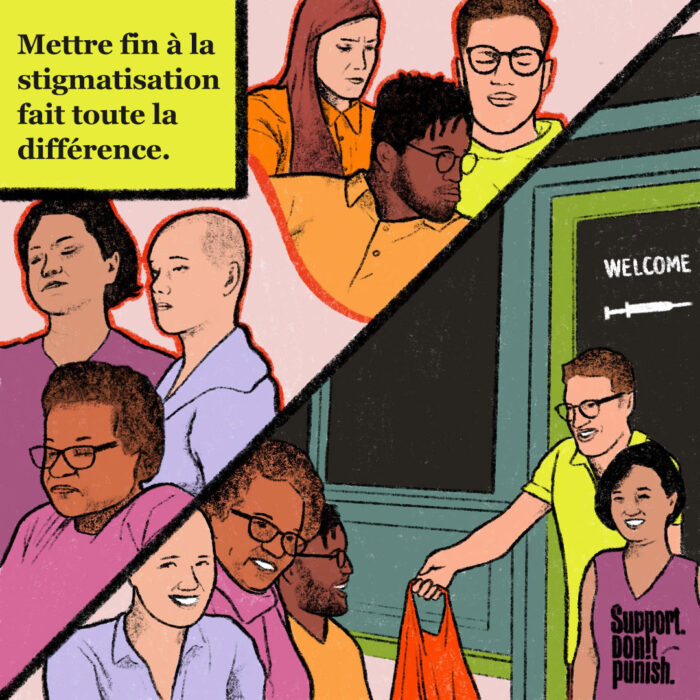In advancing our shared vision for more inclusive and fairer futures, Support. Don’t Punish campaigners face an uphill battle: Decades of ‘war on drugs’ propaganda have sought to convince our communities that coercion and punishment will deliver health and justice.
The trail of death and misery that punitive drug policies leave behind, however, exposes this propaganda as a lie. For our well-being cannot come at the expense of others’ suffering. Instead, we are committed to a politics that recognises that life is precious and worth safeguarding wherever it flourishes.
Seeking to potentiate campaigners’ brilliant information, education, and communication efforts in this direction, a year ago we conducted a consultation with local partners on how best to support this work through the production of open-source materials. We received 82 responses from 48 different countries, which gave us clarity about the kinds of resources (primarily infographics and social media assets) that were most desired and the thematic areas and concepts that campaigners wanted them to address. Below, you will find the result of this project, produced by Dania Putri, in collaboration with Juan Fernández Ochoa, with illustrations by ck nosun.
Each one of these easy-to-print, translatable digital materials is accompanied by an explanatory text that can help its dissemination, online and offline. If you require the templates for them or need support adapting them into different formats and languages, please do not hesitate to get in touch.
With huge gratitude to the Elton John AIDS Foundation for supporting this work.
Harm reduction
Drugs have been part of human life since time immemorial.
People use drugs for many different reasons, such as pain relief, pleasure or simply to work harder.
The use of drugs – just like other activities such as sex, sports, or driving – carries benefits and risks.
Harm reduction offers a broad range of empowering strategies to reduce the harms associated with these risks and protect life.
Needle and syringe programmes, drug checking, overdose prevention sites and housing – are all examples of harm reduction.
But the list is endless.
Unlike stigma, punishment and criminalisation, harm reduction is proven to protect health, save lives and affirm rights.
That’s why more than 100 countries now embrace harm reduction in their policies.
And yet the range of and access to these strategies remains very limited.
Support harm reduction now!
Decriminalisation
Decriminalisation now!
Drug policies based on criminalisation and punishment harm people, fuel injustice and tear our communities apart.
Decriminalisation [ending all punitive responses to drug use and related activities] is an essential step toward building more caring and effective responses:
- Less stigma, police violence and harassment.
- Reduced obstacles to access life-saving support.
- More resources for what our communities really need, such as education, housing, and healthcare
Which is why communities and other experts, the United Nations and a growing number of governments endorse decriminalisation.
To learn more and mobilise with the campaign, check out:
Bodily autonomy
Bodily autonomy is the freedom to choose what to do or not to do with one’s body, without coercion or violence. Bodily autonomy is power.
Our bodies are subject to various forms of control each and every day.
The criminalisation of drug use, sex work, abortion and birth control are notable examples of policies that violate our bodily autonomy. Though everyone is impacted, gender, racial and class stereotypes mean people who are already discriminated against bear the brunt of such punitive policies —particularly women and gender nonconforming people.
Supporting bodily autonomy means respecting one’s decision over their body, as well as promoting approaches that protect people’s health – regardless of their choices. Think of: safer sex through condom use and sexual health screening tests, safer abortion services, and safer supply through drug regulation.
Bodily autonomy is central to one’s freedom and well-being, and it is a key component of public health.
Human rights
Human rights belong to us all.
People do not lose their human rights regardless of their relationship with drugs or drug policy. These include, but are not limited to, the right to life, the right to an adequate standard of living and to the highest attainable standards of physical and mental health.
Sadly, millions of people are deprived of their rights in the name of the so-called ‘war on drugs’.
It’s time to change our course of action and put human rights at the centre.
Gendered impacts of the ‘war on drugs’
Punitive drug policy + patriarchy = A deadly mix.
Punitive drug policy feeds off and fuels gender injustice. It reinforces patriarchal norms and violence, which oppress women and gender nonconforming people.
Drug policing hits those who are already suffering the hardest due to drug-related stigma, harmful gender norms, and economic marginalisation. These include, but are not limited to, women and queer people who use drugs, sex workers, and rural women who grow illicit crops.
Communities are rising up globally for gender justice. In so doing, many are understanding that gender justice is only possible in a world that is free from the violence of the drug war.
Equal protection
We all have rights to equal protection. Nothing – certainly not drugs – can stand in the way of our freedom from discrimination.
Every human being is entitled to all rights and freedoms. This means that each person should be free from any kind of discrimination that undermines their human rights, including their right to essential resources such as food, healthcare, and housing.
For too long drug policy has been used as a vehicle for discrimination, denying people their human rights not only due to their relationship with drugs, but also worsening discrimination based on other grounds such as gender, race, age, or class.
In a world without discrimination, nobody shall be deprived of access to resources that enable humans not only to survive but also to flourish.
Stigma
Ending stigma makes all the difference.
Stigma divides people, spreads hate and suspicion, while undermining individual and collective well-being.
Sadly, punitive drug policy has made shame and rejection the norm, fuelling widespread stigma and discrimination.
Often living on the margins, people who use drugs suffer immensely from this, excluded and judged solely based on their relationship with drugs.
But a world without stigma is possible. In that world, connection between human beings flourishes, regardless of the extent to which drugs are part of the picture. In that world, people share and care for each other.
If you have any comments, suggestions or requests about these materials, please reach out to us.
